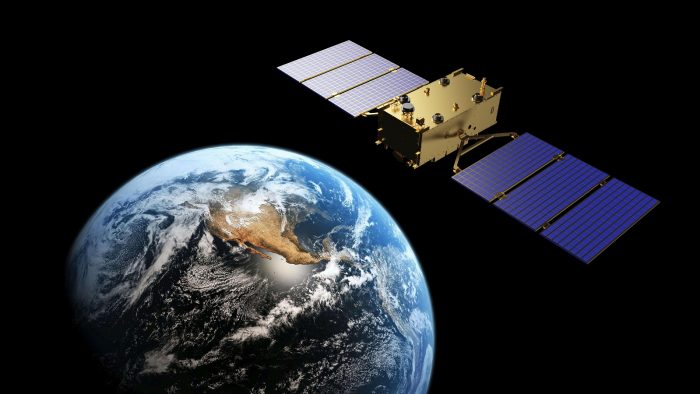- Geely begins construction of an intelligent satellite production and testing centre to facilitate a future satellite network for use with highly accurate autonomous driving solutions.
- The new satellite production plant marks the first entry of private enterprise into satellite production in China.
- Move into satellites part of Geely’s transformation into a global mobility technology group.
- Strategy to be executed by Geespace unit focused on development, launch, and operation of low-orbit satellites.
2020 March 3, Taizhou, China. Geely Holding Group today announced that it has begun construction of an intelligent satellite production and testing centre in Taizhou City.
The new facility established under Geely Holding Group’s subsidiary, Geely Technology Group marks the first time a private enterprise has begun to produce satellites in China. The cutting-edge facility will include a modular satellite manufacturing centre, satellite testing centre, satellite R&D centre, and cloud computing centre. Taking full advantage of Geely’s experience in modular intelligent manufacturing, the facility will be able to develop and produce a variety of different satellite models.
Chairman of Geely Holding Group, Eric Li said: “The pace at which science and technology is developing has reached an unprecedented level, changing human society at its core. Today, the automotive industry faces huge challenges and equally huge opportunities. Geely must take the initiative to embrace change, develop through innovation, find new synergies online and offline, and cooperate with global partners to become a global technology leader, drive change in mobility, and create new value for users.”
Geely’s entry into the field of satellites is part of its transformation into a global mobility technology group. The satellite strategy will be implemented by Geespace, the Geely operating company established in 2018 for the development, launch, and operation of low-orbit satellites. By the end of 2020, Geespace will begin the launch of its commercial low-orbit satellite network.
Geely’s expansion into low-orbit satellites marks a significant milestone in the creation of a truly smart three-dimensional mobility ecosystem. Low-orbit satellites will be able to offer high-speed internet connectivity, highly precise navigation, and cloud computing capabilities.
As vehicles become more connected and integrated into the Internet of Things ecosystem, the demand for data has grown exponentially. Geespace’s self-developed low-orbit satellite network aims to satisfy the demand for data with high-speed connectivity capabilities allowing for rapid OTA updates and content delivery to end users.
The development of L4 and L5 autonomous drive requires the deployment of an advanced navigation ecosystem to help ensure safe operation. Current navigation systems are dependent on high-orbit satellite GPS, which are limited to only being accurate within several meters. The Geespace low-orbit satellite network will offer much higher centimetre accurate precision, opening the door to features such as lane change and accident avoidance via precise GPS location data usable by vehicles on roads or in the air.
With the increase integration of artificial intelligence into vehicle for features such as infotainment and autonomous drive, the requirements for data processing has grown immensely. Through cloud and edge computing, Geespace low-orbit satellite network will be able to meet some of the data-processing requirements for future intelligent connected vehicles.
With sustainability in mind, Geespace low-orbit satellites are designed to have a limited lifespan ranging between one to ten years and to naturally disintegrate into earth’s atmosphere at the end of their lifecycle. The prevention of space debris is of utmost concern to everyone and Geely will take every measure to ensure its presence in space is sustainable.






